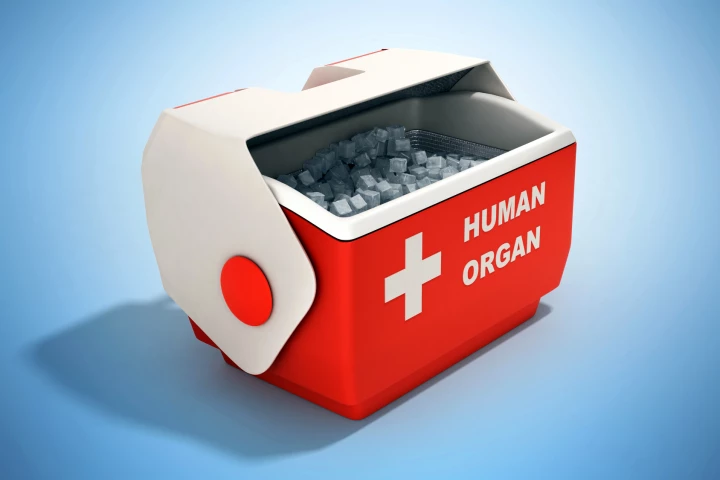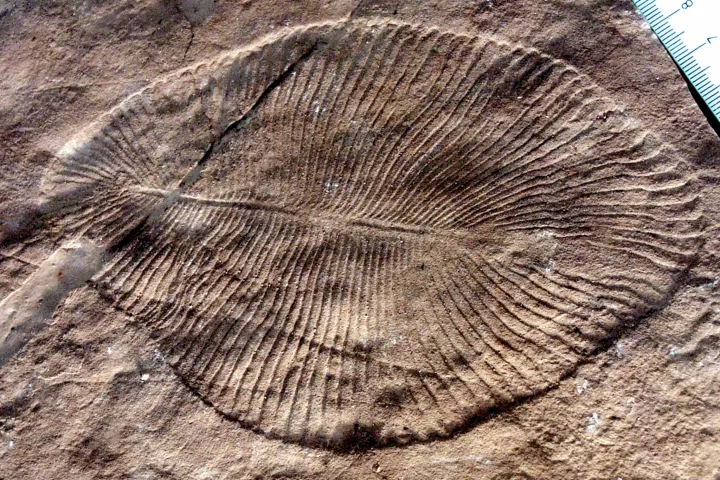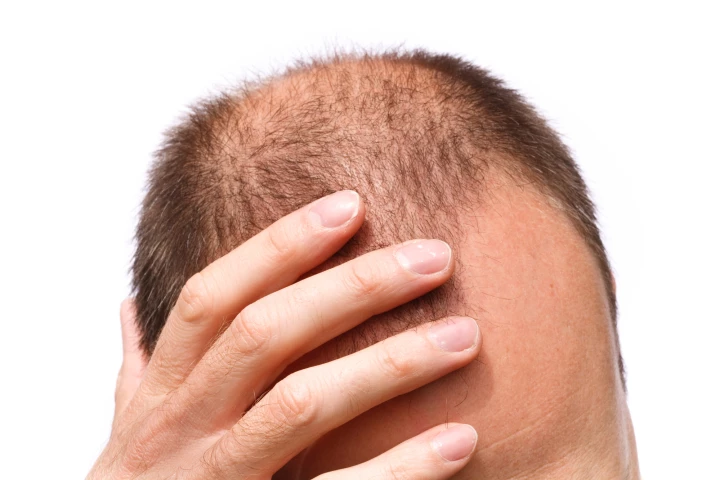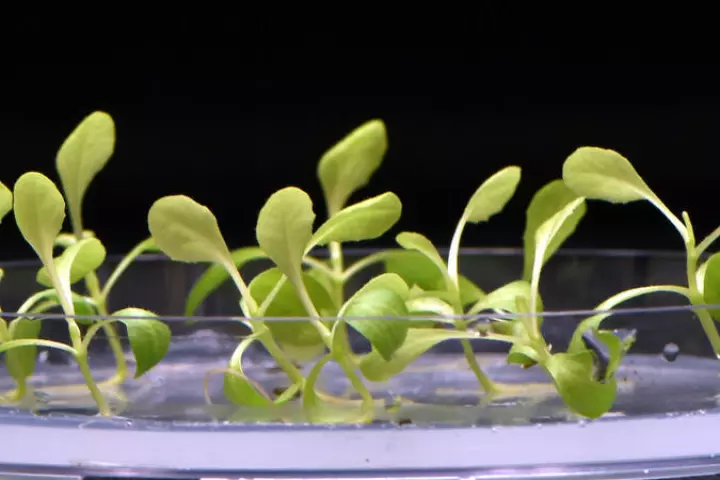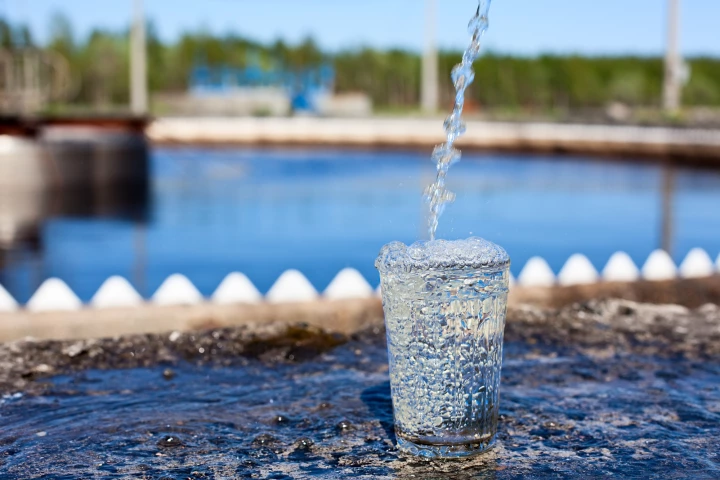University of California Riverside
-
Finding alien life won’t be a flying saucer landing at the White House – NASA scientists will hold a press conference to excitedly show off a chart that’s incomprehensible to most people. Now we’re a step closer to that boring but groundbreaking day.
-
A new two-step process that safely rewarms frozen tissues using nanoscale magnetic rods could preserve donor organs long-term. The procedure provides an alternative to current time-limited methods and paves the way for more life-saving transplantations.
-
Scientists have discovered a new contender in the quest to hack the human aging process, and it's within each of our cells. They believe this breakthrough may have far-reaching implications for how we approach premature aging and age-related diseases.
-
PFAS are insidious pollutants thanks to their ubiquity, long life and a growing list of linked health concerns. But now researchers at UC Riverside have developed a new method to break them down more effectively, using hydrogen and UV light.
-
It's thought the Earth is currently entering its sixth major extinction event, but a new study suggests it may actually be the seventh. Scientists have found evidence of a previously unknown mass extinction event that struck half a billion years ago.
-
Researchers at UC Riverside have identified a single protein that seems to control when hair follicles die. Armed with this new information, it might eventually be possible to reverse the process and stimulate hair regrowth.
-
A compound called salicylic acid is naturally produced when plants encounter things like drought and heat, and a new study demonstrates how this process might be leveraged to protect crops in the face of rising global temperatures.
-
Scientists have improved on the natural process of photosynthesis, not only growing plants more efficiently, but doing so in the dark. This could expand agriculture to areas that don’t get enough sunlight, and even help feed future space explorers.
-
Can the makeup of gut bacteria influence athletic performance? A new mouse study indicates that indeed it could, and raised the prospect of therapeutics that could help get couch potatoes up and about.
-
Scientists are ramping up their efforts to better break down dangerous PFAS "forever chemicals" before they can cause harm, and a new breakthrough demonstrates how this might be done in a matter of hours using UV light.
-
Supermassive black holes are thought to grow slowly over billions of years – but how did they appear so early in the universe’s lifetime? A new origin story suggests black hole seeds were created by halos of self-interacting dark matter collapsing.
-
New research led by the University of California Riverside has identified a relatively simple catalyst that can remove common pollutants called perchlorates, helping reduce water and soil pollution not just on Earth but potentially on Mars one day.
Load More

